Tea is an economic plant for the ethnic minority people on Doi Mae Salong situated in the northern province of Chiang Rai’s Mae Fa Luang district. Tea growers there have turned to farm organic tea for more value added of the plant to support main markets like China and ASEAN.
Every morning, local residents in Doi Mae Salong collect fresh Oolong tea leaves (Black Dragon Tea) in order to process tea products of good quality.
Doi Mae Salong is Thailand’s major tea plantation area, which is also widely known to produce tea of the best quality in the country. Currently, there are almost 100 tea farmers for over 20,000 rai of tea plantation, of which around 10,000 rai is for growing organic tea.
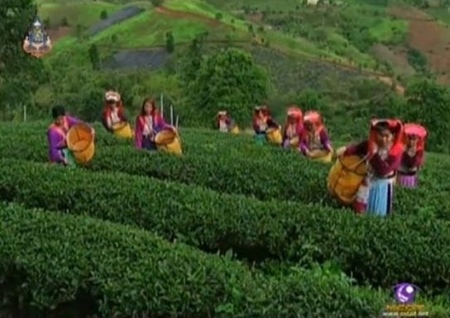
“The landscape here is situated in highland and is about 1,300 metres from sea level. Tea loves this kind of geography and weather. That’s why tea grown in Doi Mae Salong or in Mae Fa Luang district is of good quality,”. said Vorayan Bunarach, Mae Fah Luang district chief officer.
Although organic tea plantations have high production costs, farmers can always sell their tea at high prices in accord with the costs. Common tea in Doi Mae Salong is sold at Bt1,500/kilo, while the organic one is priced at Bt2,000/kilo.
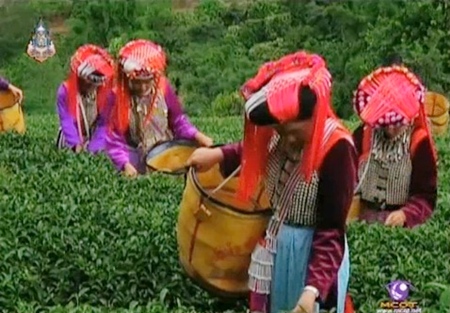
“More people are welcoming organic tea. If you say this tea is organic, customers won’t take long to decide to buy. They taste it and buy it straight away, as they know the tea is already chemical-free,” Pantipa Cheewinvorakul, owner of a tea plantation area.
The first tea tree was brought to Doi Mae Salong from Taiwan 40 years ago. From then until now, tea trees have fully grown in all areas. Interestingly, almost all of the tea produced here is sent back for sale in Taiwan and China.
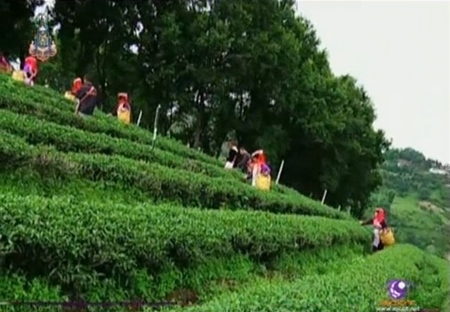
Over 150 tonnes of organic tea were produced last year in Doi Mae Salong, of which over 80 per cent were exported mainly in Taiwan and China, generating over Bt300 million income to tea growers.
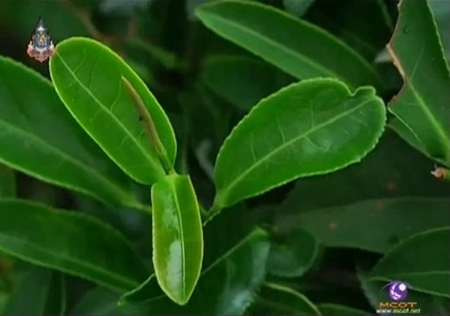
“The quality of tea grown in Doi Mae Salong is more outstanding than that grown in Taiwan. We export the tea there, as well as in Europe, to France, and countries in the Middle East,” said Wuttipong Sawanchote, chief of Mae Salong Nok Subdistrict Administrative Organization.
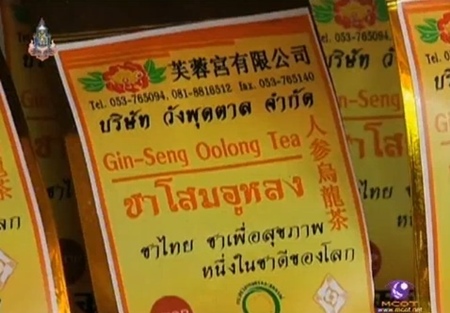
In part to welcome the coming ASEAN Economic Community (AEC) in 2015, Chiang Rai province is promoting the growing of organic tea in all plantation areas to serve the bigger market of ASEAN for consumers who give importance to chemical-free and environmentally-friendly products. (MCOT online news)




